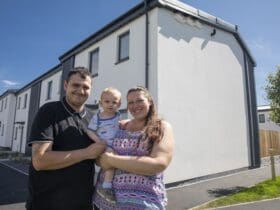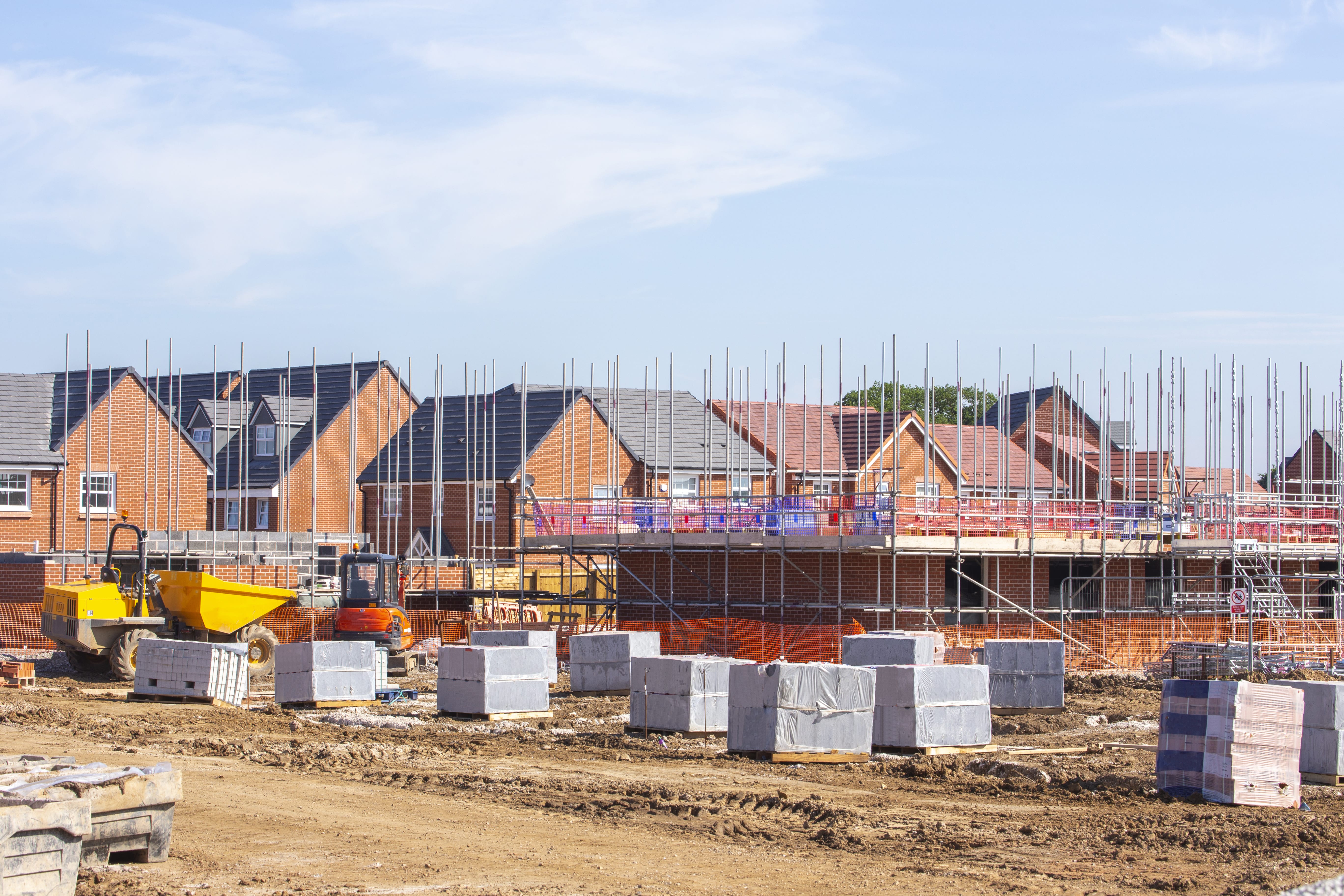Property sourcing is the practice of identifying and securing real estate opportunities on behalf of property investors. It serves as a vital bridge between property investors and the properties they seek to acquire. For property investors, property sourcing offers a valuable service by saving time and effort in identifying suitable investment opportunities.
It is the first step in building a profitable real estate portfolio. Evaluating potential is at the heart of property sourcing, as it ensures that investors make informed decisions, assessing factors like location, financial viability, and market conditions. Ultimately, understanding property sourcing is essential for investors looking to make sound and profitable real estate investments.
Location Analysis
Location is paramount in property sourcing as it can significantly impact the success of an investment. When evaluating a potential property, understanding the significance of its location is essential. Firstly, consider the suitability of the location for your investment goals. Are you targeting a residential, commercial, or mixed-use property? Assess whether the location aligns with your investment strategy.
Key factors to evaluate include proximity to essential amenities, schools, healthcare facilities, and shopping centers, which can enhance the property’s appeal to potential tenants or buyers. Robust transport links, including public transportation and road networks, are crucial for accessibility and convenience.
Additionally, delve into local market trends. Analyze historical and current data on property values and rental rates in the area. A location with a track record of appreciation and a promising outlook can indicate a potentially lucrative investment opportunity. In property sourcing, thorough location analysis is the foundation for making informed investment decisions.
Financial Assessment
Evaluating the financial aspects of a potential property is a critical step in property sourcing. It involves a meticulous examination of various financial factors to determine the property’s suitability for investment.
Budgeting and financial projections play a pivotal role in this process. Establish a clear budget that encompasses not only the purchase price but also ongoing expenses like maintenance, property management fees, and taxes. Financial projections should outline expected income and expenses over time, allowing you to gauge the property’s long-term financial viability.
Calculate potential return on investment (ROI) by comparing the projected income to the initial investment. A higher ROI indicates a more profitable opportunity. Expected cash flow estimates the net income generated by the property after all expenses are deducted. Both metrics are crucial in assessing the property’s potential to generate income and appreciate in value.
Property Condition and Inspection
The condition of a property plays a pivotal role in its potential assessment during property sourcing. A thorough property inspection is imperative to uncover hidden issues that could affect your investment.
Start by conducting a comprehensive examination of the property’s structural integrity, plumbing, electrical systems, and overall maintenance. Look for signs of wear and tear, water damage, or pest infestations. Consider bringing in a professional inspector to ensure no issues are overlooked.
Common issues to watch for include structural problems like foundation cracks or roof damage, which can incur significant repair costs. Identifying necessary renovations or updates, such as outdated electrical systems or plumbing, is also crucial for estimating future expenses.
Assessing the property’s condition provides valuable insights into its potential for long-term profitability and helps you make informed decisions during the property sourcing process.
Market Research
Market research is a cornerstone of successful property sourcing, holding immense significance in evaluating investment potential. Understanding local property market dynamics is key to making informed decisions.
Market trends, such as supply and demand fluctuations, rental rates, and property appreciation rates, have a direct impact on investment potential. In-depth research allows investors to identify emerging opportunities and potential risks. Staying attuned to market conditions empowers property sourcers to adapt their strategies, seize profitable prospects, and mitigate potential downsides, ensuring a well-informed approach to property sourcing.
Due Diligence
Due diligence is paramount in property sourcing, serving as a critical safeguard for investors. It involves a rigorous investigation to validate property details, ownership, and legal status.
Verifying property particulars ensures transparency and prevents potential surprises, such as undisclosed issues or ownership disputes. Accurate information is essential for assessing investment potential accurately.
Seeking professional advice, including legal counsel or property experts, plays a crucial role in due diligence. Their expertise can help identify red flags, navigate complex legalities, and provide valuable insights. By prioritizing due diligence, property sourcers can minimize risks and make well-informed investment decisions, safeguarding their investments in the property market.
Risk Assessment
Risk assessment is a fundamental process in property sourcing, aimed at identifying and managing potential challenges to your investment.
In the world of property sourcing, risks abound. Market volatility can affect property values, and unexpected expenses like repairs or vacancies can impact cash flow.
Mitigating risks involves strategies such as diversifying your property portfolio to spread risk, conducting thorough due diligence to uncover hidden issues, and maintaining a financial cushion to handle unforeseen expenses. By understanding and proactively managing risks, property investors can better protect their investments and maximize their potential for long-term success.
Networking and Relationships
Networking is a powerful tool in the arsenal of property sourcers. Building strong relationships with local agents and experts can greatly enhance your potential evaluation process.
Networking provides access to insider knowledge, off-market opportunities, and valuable insights into the local property market. Engage with real estate professionals, attend industry events, and participate in online forums to expand your network.
Effective networking involves active listening, genuine engagement, and reciprocity. Be open to sharing your own expertise and resources in return. By fostering relationships within the property industry, you’ll gain a competitive edge in identifying and evaluating potential investment opportunities.
Case Studies
Real-life case studies are invaluable tools in our investor’s guide. They vividly illustrate how sound evaluation practices can translate into highly profitable investments. These examples spotlight successful property sourcing journeys, providing concrete evidence of how thorough location analysis, financial assessments, due diligence, and risk management strategies have yielded significant returns on investment. By delving into these case studies, readers gain practical insights and inspiration, equipping them with the knowledge and confidence needed to navigate the property sourcing landscape and make informed decisions that can lead to financial success.
Conclusion and Takeaways
In conclusion, evaluating potential is the cornerstone of successful property sourcing. Location analysis, financial assessment, due diligence, and risk management are pivotal steps in this process. By applying these principles, investors can make informed decisions, minimize risks, and maximize their chances of achieving profitable real estate investments. Remember, thorough evaluation is your path to property sourcing success.









Leave a Reply
View Comments